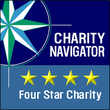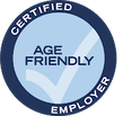|
Lately we’ve been reading “It’s Never Too Late,” an ongoing series in the New York Times that “tells the stories of people who decide to pursue their dreams on their own terms.” We were particularly struck by the story of Vera Jiji, a retired professor who rediscovered a childhood passion for the cello. We’re including a couple of our favorite answers from her interview below, but you can read the full article here – it’s worth your time! How do you feel about this stage in your life? I’m 93. People view age incorrectly: Getting older doesn’t mean you can’t have something, you can. And getting older isn’t getting worse. I’m about enjoying the moment. You have to get up each morning and do something you love. That’s how you move forward. What is your best advice for people looking to make a change? Do not be afraid to go back to something you loved. People say no to things too quickly. We aren’t always our best friends. Your passion or skills are still there. You will remember more than you think. All the information about music I thought I’d lost was in a part of my brain that wasn’t talking to me until I tapped back into it. What have you gained by returning to this passion? Music is a perfect language; it’s like a conversation between people who never misunderstand each other and never get bored. When you play music with people, it’s a kind of friendship. Music is a world of pleasure. It has given me a way to communicate without using words. It gave me a next step in life. 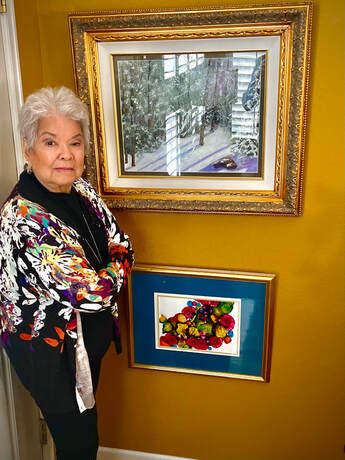 ARDC member Patricia Montano, with two of her original compositions. ARDC member Patricia Montano, with two of her original compositions. After reading this article, we were inspired to reach out to the Aging Resources community in search of similar stories and wisdom, and were delighted to discover that our very own member Patricia Montano, a painter, had much to share. We spoke to her recently about her life in art Aging Resources (AR): When did you start painting? Patricia Montano (PM): Very young – probably sixth grade. I was one of three that were known as the artists of the school. AR: How has your painting evolved over time? PM: Well, I gave it up after I got out of school. I married at 19 and had children soon after. I couldn’t afford to paint. Then, years later, I decided to go to Opportunity School and take a class. They gave us a list of supplies and books we would need for the course, and I was concerned about the expense, but I thought, if I don’t start now I won’t paint again. So, I got the supplies I needed and started painting. Little by little I explored different techniques and different mediums, and met a great teacher who gave me private lessons. From there, I kept looking for classes I could go to and that I could afford. I’ve probably had 35 different teachers. I’ve learned something from all of them. Now, I myself give private lessons. I started with my grandchildren and their friends, and then their friends’ parents and their friends. I’ve just always painted. You can always learn when it comes to painting. Every day is a lesson in art – you always see something beautiful that you can paint or that sparks your imagination. AR: Are there any memorable experiences your art has opened to you? PM: I’ve had four one-person shows, and those were exciting. Now, I’ve got two paintings at St Andrews Methodist Church, and then I’ve got about eight or nine paintings in shops out west of where I live. The one-person shows have really helped me, and I’ve become remembered by some of the classes and shows that I’ve given. AR: Maybe this is too general a question, but - why do you paint? PM: I think that it’s an exciting outlet. I feel like I can create and share beauty through my painting. I’ve been very fortunate – every time I paint, I create something that’s very personal to me. AR: How did you get your start with Aging Resources?
PM: I went to a luncheon and it was funny because I was sitting at table with six or eight people and my niece was showing my artwork to the folks at the table, and one of the gentlemen asked if I would paint at a fundraiser for Aging Resources. I had never done that before, but I said I would and the painting sold well. I’ve been involved with the organization since then. AR: Are there any other thoughts about Aging Resources you’d like to share? PM: You know, they’re very good. When things were bad for me and I couldn’t get up, they brought me groceries. I can always call them for help - they’re just a good shoulder to fall back on. I think they’re a great organization. Thanks so much to Patricia for sharing her story with us, and thanks to you for reading. Do you have a childhood passion to which you’ve returned? What has that experience been like for you? Share your answers in the comments below!
1 Comment
|
AuthorsBlogs are written by ARDC staff members Archives
January 2024
Categories |
Aging Resources of Douglas County 104 Fourth Street, Castle Rock, CO 80104 303-814-4300 [email protected]
©2023 Aging Resources of Douglas County | Help for Senior Citizens | Sitemap XML
All public documents will be available upon request.
©2023 Aging Resources of Douglas County | Help for Senior Citizens | Sitemap XML
All public documents will be available upon request.

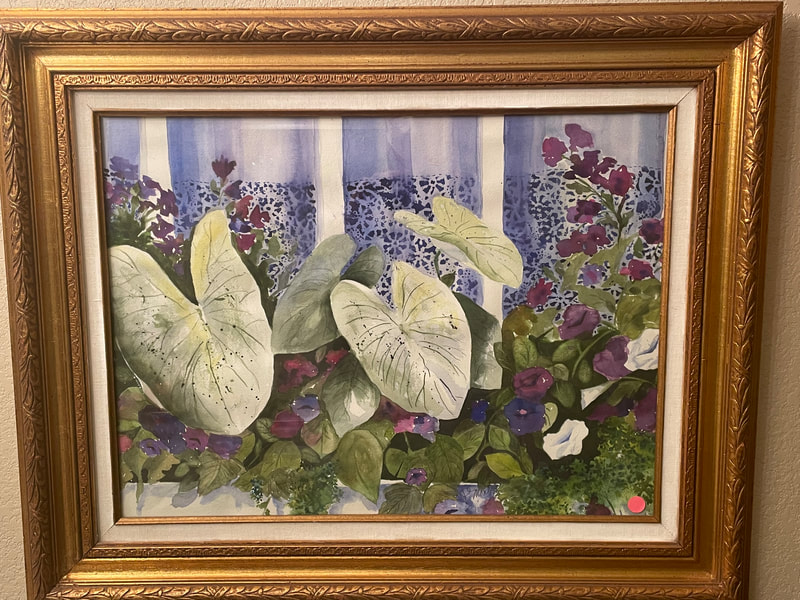
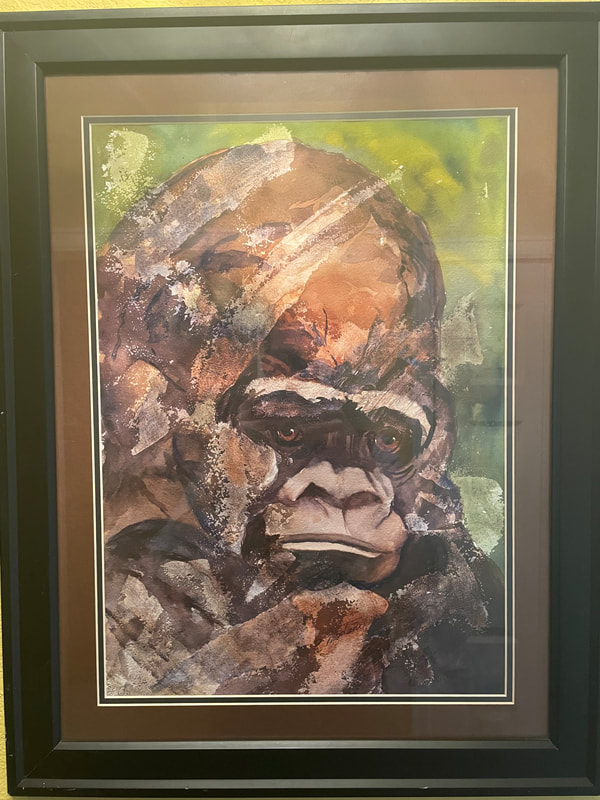
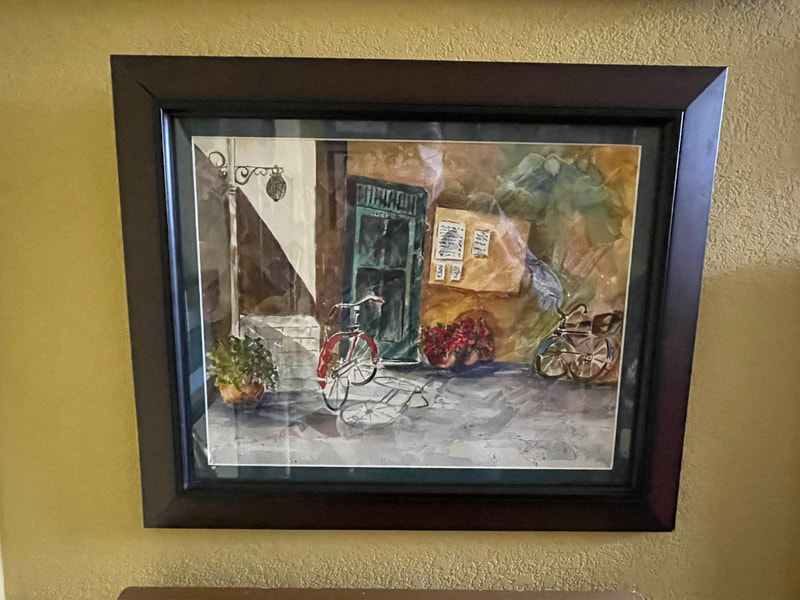
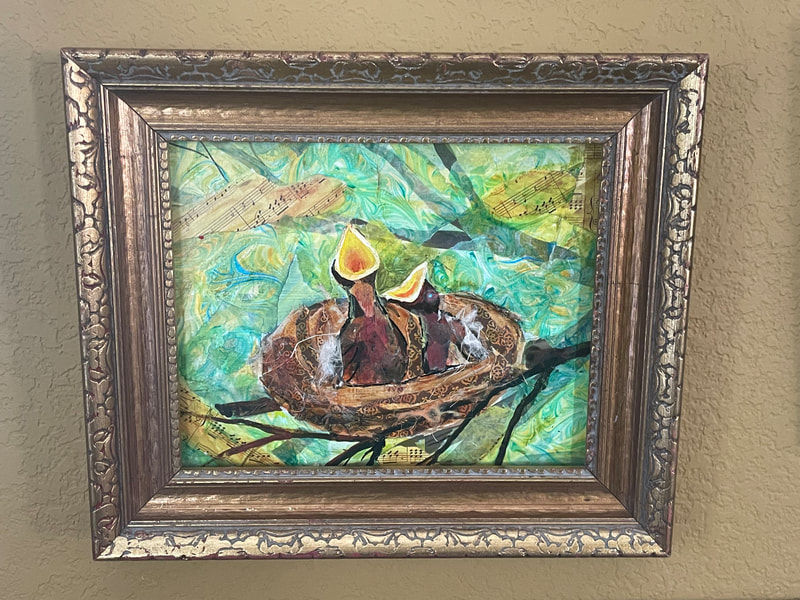
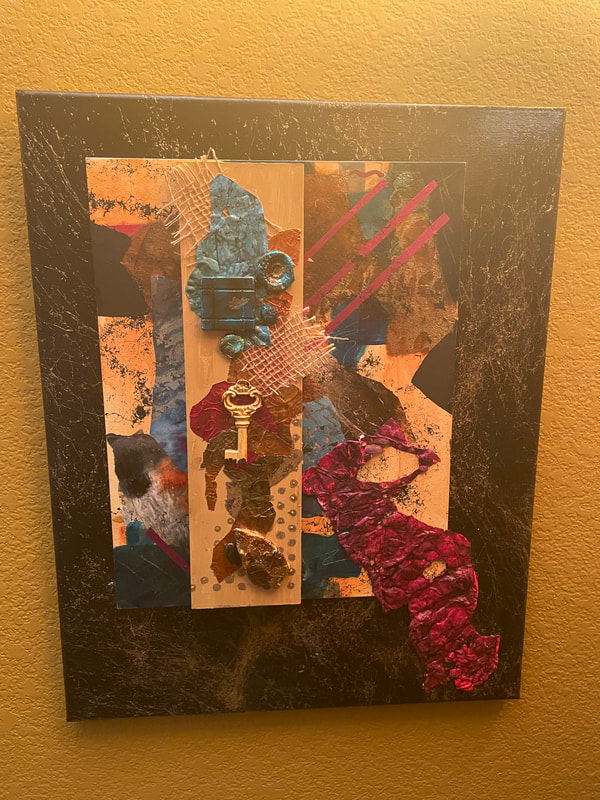
 RSS Feed
RSS Feed
